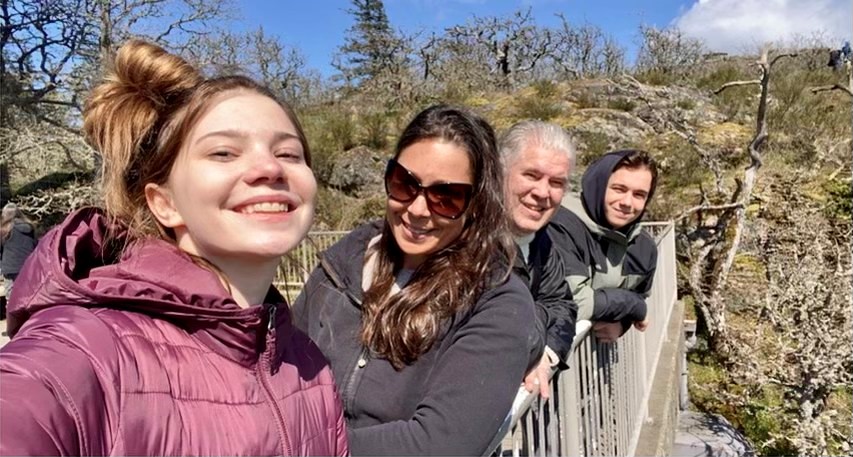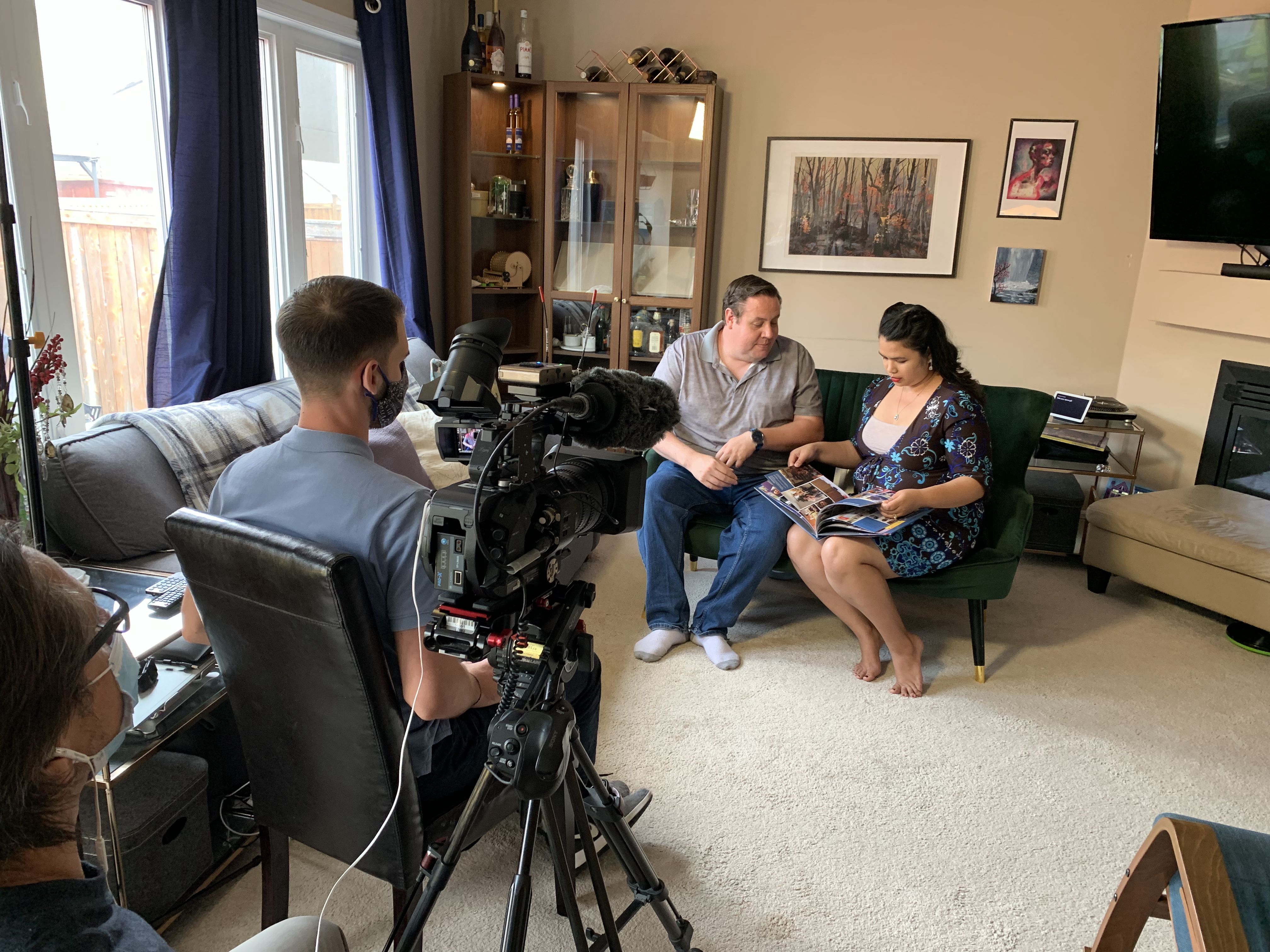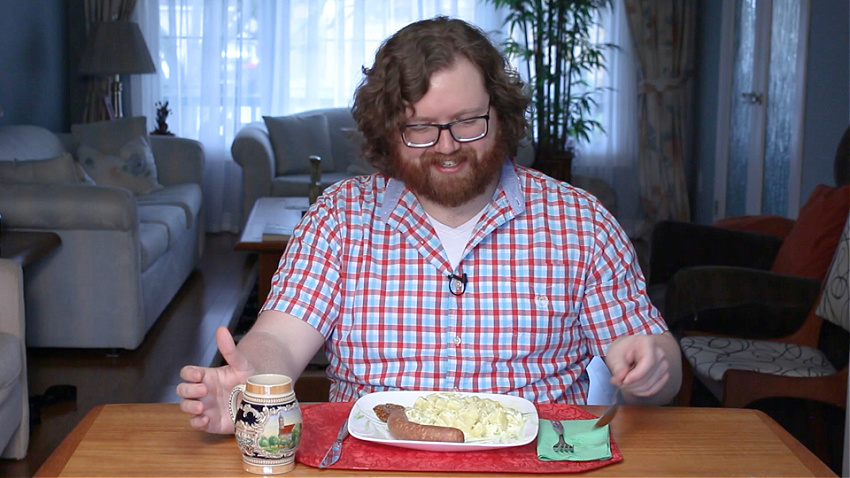Alex Smyth previews Training for Tokyo

By Alex Smyth
Prior to the Paralympic Games being postponed in 2020 to its new date in 2021, the Toronto bureau team were gearing up to head to Tokyo to cover the competition and follow Canada’s athletes as they chased gold. As we know now, a lot has changed in that time, and although we will no longer be in Tokyo for the Games, one member of the AMI team will be there giving it her all.
Victoria Nolan, host of AMI This Week, is heading back onto the global stage, when she and her team competes in mixed rowing at the Paralympics. Having covered para-sports and the impact the pandemic has had on athletes this past year; I am all too aware of the challenges and hurdles our para-athletes have overcome to prepare for these Paralympics.
While some of the challenges may seem obvious, such as finding alternatives for training facilities and equipment when gyms are closed, or competitions are cancelled.
But some challenges were not widely known or spoken of. In Victoria’s case, living in Toronto, but having the national training facility on Vancouver Island meant a lot of travel. She was aware of that commitment and had done so previously, but this competition cycle was completely different.
Having spoken to her before she left for Tokyo, she discussed the fact that she had not seen her family in over six months due to travel restrictions and quarantine rules in place. In order for her to see her family, both sides would have to quarantine pre- and post-visit. Not only is this stressful to go through the necessary confinement for days, but it was also hugely disruptive. To spend a few days with the family meant Victoria would miss weeks of training with her team. That’s a tall ask, and not everyone could deal with it, let alone have the drive to get back into the groove of things with the rest of the team upon return. But Victoria hasn’t let that stop her, and it only makes me want to root for her and her team even more.
But this cycle of training and preparation hasn’t only affected Victoria, her family has dealt with the separation as well. Her husband, Eammon, spoke with us about those challenged and holding down the fort back at home. But he knew that the time spent apart and sacrifices made would only fuel her drive, and make Victoria compete even harder.
These are the stories that are rarely told about athletes when they compete on the world stage. We witness the pinnacle of their careers, sometimes lasting only a few seconds, but we do not witness the years of blood, sweat, and tears that went into reaching that moment.
I hope that when you watch, listen, and enjoy the Paralympic Games in Tokyo, that you remember to reflect—even for a moment or two—on what these athletes must have gone through to achieve their dreams. Training to compete in a competition that was postponed, refocusing their attention to the following year, protecting themselves during a global pandemic, isolating themselves from loved ones and friends. Battling through adversity, for a chance at glory.
Not everyone will achieve the goals they set. Some will fall, while others will rise. There will be tears as well as cheers, but we should celebrate them all the same.
Watch our interview with Victoria and her family on AMI This Week, Monday at 8 p.m. Eastern, on AMI-tv.
Want to read more from Alex? Search his name!






